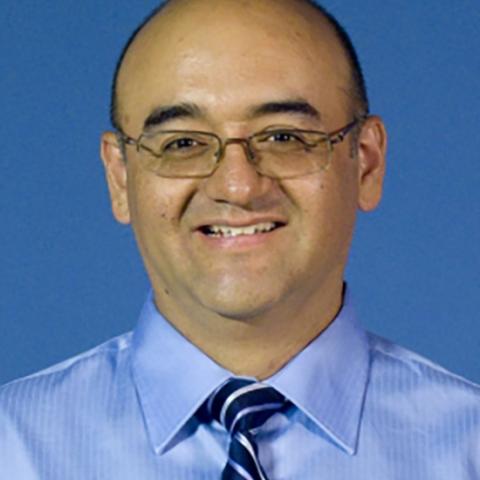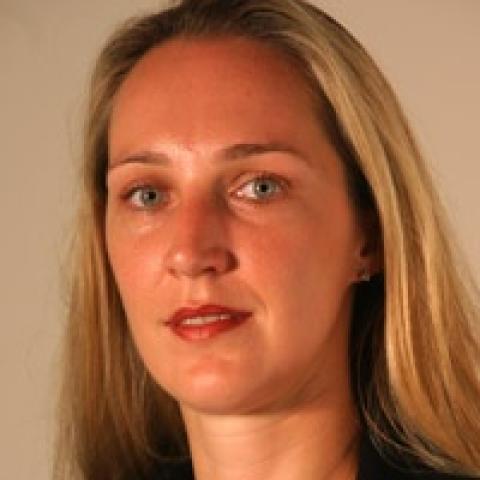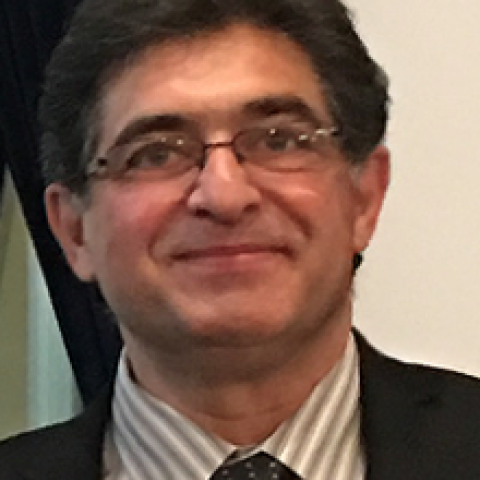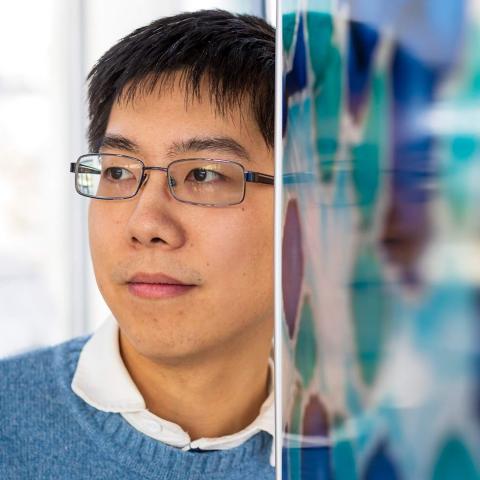James Gumbart
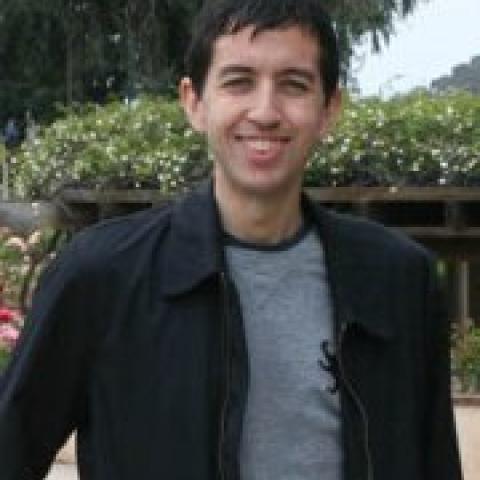
My lab is focused on understanding how proteins and other biological systems function at a molecular level. To probe these systems, we carry out molecular dynamics simulations, modeling biological behavior one atom at a time. The simulations serve as a "computational microscope" that permits glimpses into a cell's inner workings through the application of advanced software and high-powered supercomputers. We are particularly interested in how bacteria utilize unique pathways to synthesize proteins and insert them into both the inner and outer membranes, how they import nutrients across two membranes, and how their cell walls provide shape and mechanical strength.
Computational Chemistry

